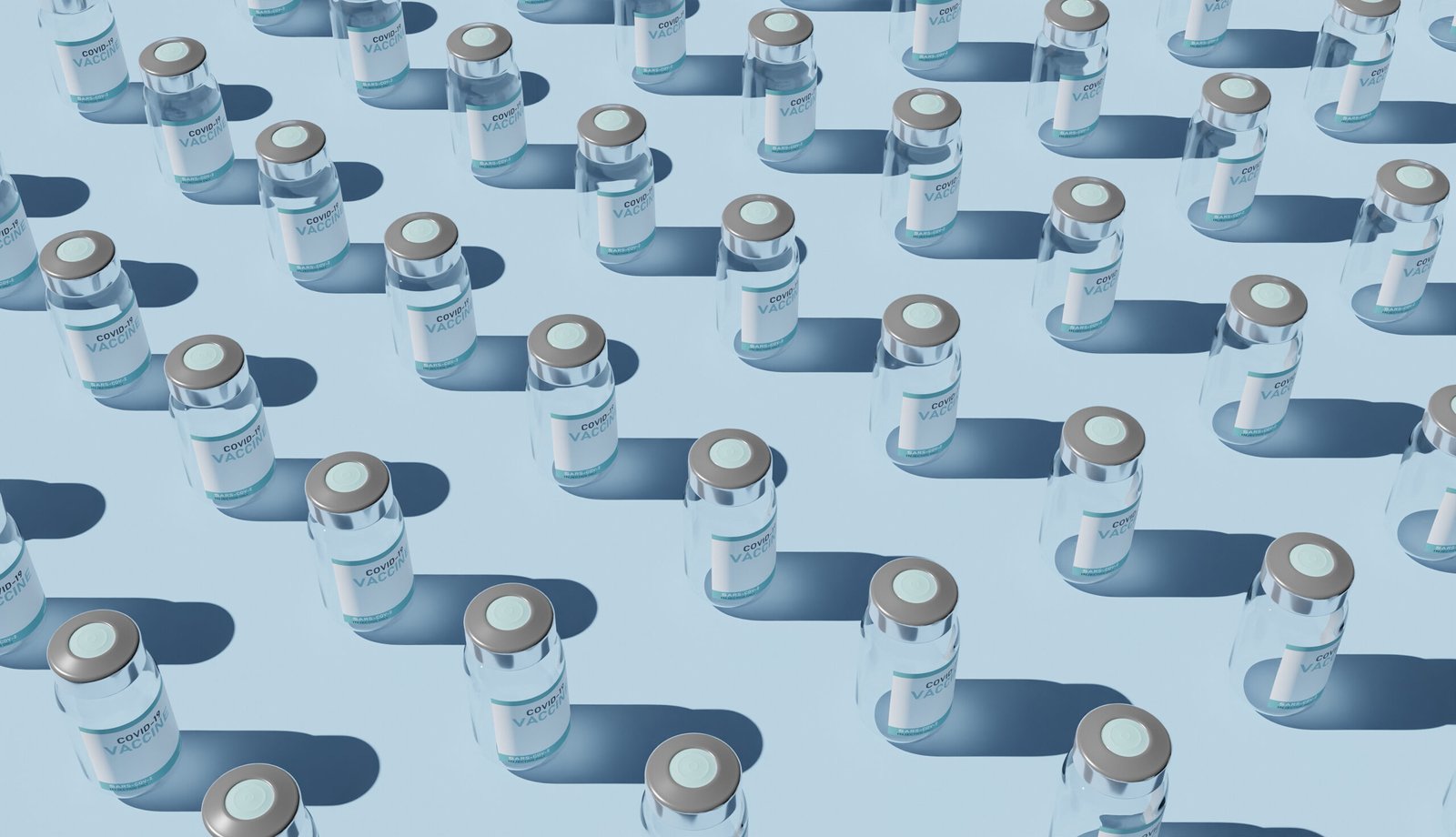
[[{“value”:”
COVID-19 vaccines have been key to controlling the pandemic, but researchers in Germany report on one man who took the vaccination message to the extreme.
The subject of the research published in Lancet Infectious Diseases is a 62-year-old man from Magdeburg, Germany who claims to have received 217 COVID-19 vaccinations within about 2.5 years. (German prosecutors confirmed he received 130 shots in nine months during an investigation into fraud; ultimately, they did not file criminal charges.)
[time-brightcove not-tgx=”true”]
It’s not clear why the man wanted so many vaccinations or how he obtained them. But after reading news reports of the man’s story, scientists at Friedrich-Alexander-Universität Erlangen-Nürnberg (FAU) became intrigued and wanted to study how the vaccinations affected his immune system. The man—who told researchers he hadn’t experienced side effects from his shots—volunteered to provide blood and saliva samples to the scientists and allowed them to mine his health records so that they could better understand what effect aggressively stimulating the immune system with a COVID-19 vaccine might have. Even during this analysis, the man requested and received an additional two COVID-19 shots, against the advice of the study researchers.
The man’s extreme vaccination history provided a unique opportunity for scientists to see whether hyper-vaccination would positively or negatively affect the immune system’s ability to respond to pathogens like viruses. “It was unclear in which direction the 200 vaccinations would go,” says Dr. Kilian Schober, the study’s lead author and group leader at the Institute for Clinical Microbiology, Immunology, and Hygiene in Erlangen at FAU. Would these shots enhance his immune response—”like we want to see with multiple vaccinations and booster shots”—or perhaps damage it?
Read More: Why Older Adults Need Another COVID-19 Shot
Schober and the team compared the man’s immune responses—measured by his blood antibody levels, the first line of defense against a virus, and T cell levels, which are responsible for the body’s longer-term response—to those of a control group of 29 people who had received three COVID-19 shots.
Based on how the immune system works, Schober and his team thought that the man’s immune response might mirror that of people with chronic infections, such as HIV or hepatitis B. In those conditions, in which the immune system is constantly stimulated, immune cells can become overwhelmed and start to mount weaker responses.
But that’s not what they found. The man’s antibody levels and a type of T cell called effector T cells were six times higher than those in the control group on average. Those high levels proved that his immune response was strong.
However, his level of memory T cells—which are responsible for remembering viruses that a person has been infected with and replenishing the immune system’s overall T-cell population—were about the same as those in the control group. “It made sense,” says Schober, since memory T cells are reactivated when the body sees the same virus again. “But it was intriguing for us to actually see it in the data.”
According to repeated negative tests for COVID-19, which the researchers confirmed by the fact that that his immune system “showed no sign that it had dealt with the virus yet,” says Schober, the man was likely never infected with SARS-CoV-2. Schober cautions, however, against assuming that his hyper-vaccinated status was responsible for protecting him.
The researchers concluded that overall, while the man’s excessive vaccination history increased his antibody levels and apparently protected him from infection, hyper-activating his immune system did not seem to have a negative effect on his ability to mount an adequate response. At the same time, his extreme measures did not seem to afford him a level of super-immunity that distinguished his response dramatically from others who followed the recommended vaccination schedule. “His immune system was neither positively nor negatively affected,” says Schober.
“}]]
The man’s hyper-stimulated immune system reacted in a surprising way.
Uncategorized, COVID-19
Health – TIME

